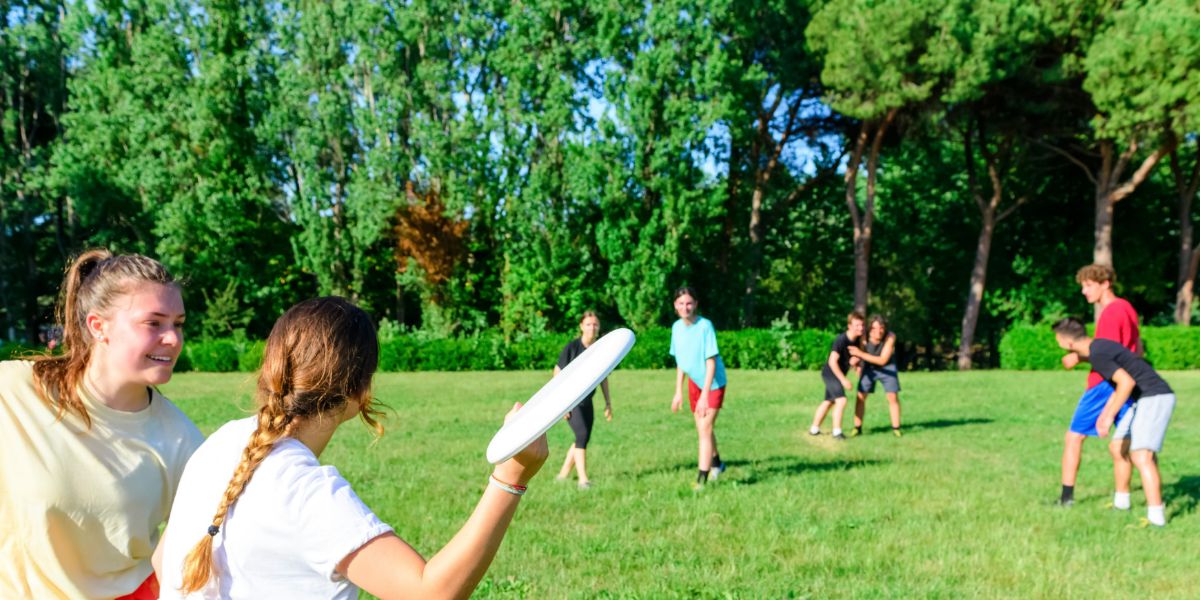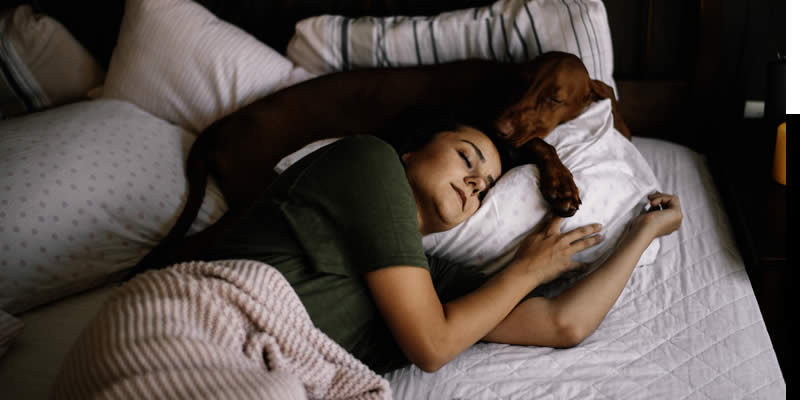Fewer opportunities to play and roam free has led to a decline in mental health among adolescents, new research suggests.
The team behind the findings say the reduction in play stems from parents’ “good intentions carried too far” as families are subject to more messages about keeping children safe and more emphasis on school achievement.
The research was carried out by three prominent specialists in child development, who say that children’s worsening mental health has “crept up on us gradually, over decades”.
- Obesity in childhood and puberty has impacts risk of blood clots in later life
- Child care and work may lead to reduced sleep during mid adulthood
Now they are calling for policy changes to ensure children and young people are given more opportunities for independent activity, away from adult oversight and control.
The researchers say that depriving children of independence impacts their mental health and has contributed to rising levels of depression, anxiety and suicide.
In America, child and teenage mental health was declared a national emergency in 2021. Although many factors are thought to be behind the growing problem, this latest research has highlighted the role of ‘child’s play’.
Co-author Dr David F. Bjorklund, a professor in the Department of Psychology at Florida Atlantic University, said: “Parents today are regularly subject to messages about the dangers that might befall unsupervised children and the value of high achievement in school.
“But they hear little of the countervailing messages that if children are to grow up well-adjusted, they need ever-increasing opportunities for independent activity, including self-directed play and meaningful contributions to family and community life, which are signs that they are trusted, responsible, and capable. They need to feel they can deal effectively with the real world, not just the world of school.
“A major category of independent activity, especially for young children, is play. Research, as well as everyday observation, indicates that play is a direct source of children’s happiness.”
Taking part in ‘risky’ play, such as climbing high in trees, and activities which encourage personal responsibility, can help to develop self-confidence and reduce the risk of future anxiety, say the study authors, but children are being given fewer opportunities to engage in these sorts of activities.
- Parents of children with type 1 diabetes struggling to get appropriate care at school
- Distracting young children with technology can lead to bad behaviour
The study also highlighted that children and teenagers are spending more time in school and on homework, with the average school year increasing by five weeks between 1950 and 2010 in America.
In addition, homework for young children is now more common compared to previous decades. This is in addition to reduced breaktimes during the school day.
Dr Bjorklund said: “Unlike other crises, such as the COVID epidemic, this decline in independent activity, and hence, mental wellbeing in children has crept up on us gradually, over decades, so many have barely noticed it.
“Moreover, unlike other health crises, this one is not the result of a highly contagious virus, but rather the result of good intentions carried too far — intentions to protect children and provide what many believed to be better (interpreted as more) schooling, both in and out of actual schools.”
Dr Bjorklund co-authors were Dr Peter Gray, research professor in the Department of Psychology at Boston College, and Dr David F. Lancy, professor emeritus in the College of Humanities and Social Sciences at Utah State University.




